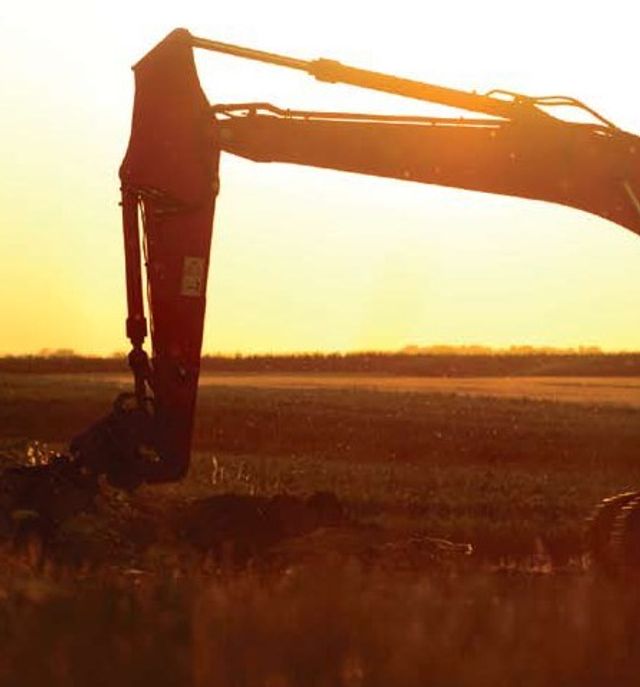
Source: We spotted this article in the ‘wellbeing’ magazine almost a year ago and have been waiting for an appropriate time to use it. For another view on life health and wellbeing visit www.wellbeing.com.au
Spirituality in the workplace
When these three Ps — people, purpose and profits — are said in the same sentence, management walks a wary path. Even more so when words such as "love" or "soul" or "spirit" are used in association with the career world. These are not words we commonly hear in a boardroom. They are words we associate more with morals, religion and relationships.
Yet that’s exactly what you hear more and more in the management world as companies seek to be sustainable, not just profitable. Intangibles are staging a comeback.
Are you tired of trying, and failing, to divide yourself between work and home? Do you no longer want to leave your heart and your fuller self at the door and take only your hands and your head into work, your body a mere vehicle to ferry you between the two?
There is a growing wave of information and examples of people like you who are attempting to change this stereotype, who are trying to lead integrated lives while retaining their viability as managers, leaders, workers and makers of profits. Many are succeeding. The successful ones are being noticed, especially when they are influential, powerful and well known.
Increasingly, you hear successful leaders are having to draw on their own values and ethical base to demonstrate the credibility that has been so threatened by the last decade, and more, when many businesses have put profit before people.
Our respect for businesses that trade customer service for short-term monetary gain is waning at a rapid rate. "Profit before people" has increasingly become ‘profit before service’. Customers want more than just the product or rhetoric. Politicians increasingly listen to the concerns of disgruntled constituents in their search for another term of office. The development of the Australian Ethical Investment tells us how many people agree they want something more than a quick return attached to their sharemarket dollar.
Qualities such as trust, integrity, loyalty and even authenticity are no longer uncommon words in leadership literature, management journals and business books.
When people like Michael Rennie of McKinseys say “values, spirit, cultural capital and meaning are as important as the bottom line, cost-containment and corporate strategy”, you know there’s change afoot.
People like Ricardo Semler, of Semco in Brazil, Richard Barrett and Michael Rennie of McKinseys, are talking about the intangible things that used to be the stuff of everyday conversations. They speak of trust and integrity, care and social responsibility. They use words like ‘cultural and social capital’, and they don’t mean buildings. The St James Ethics Centre is a well-established organisation educating business on the importance of mixing work and ethics to succeed.
Semler recognised that his people were more than the selves they brought to work, and implemented changes to Semco, a Brazilian manufacturing industry, to treat employees like the responsible adults they were in their community life. He developed a transparent and self-responsible working environment where as much power as possible was devolved to employees through a participative process, in contrast to the company’s previous distrustful authoritarian approach.
In the highly structured and engineered world of mining and mineral processing, some of these ideas may seem out of place, or are they?
As a minimum we present the contrast to think about.